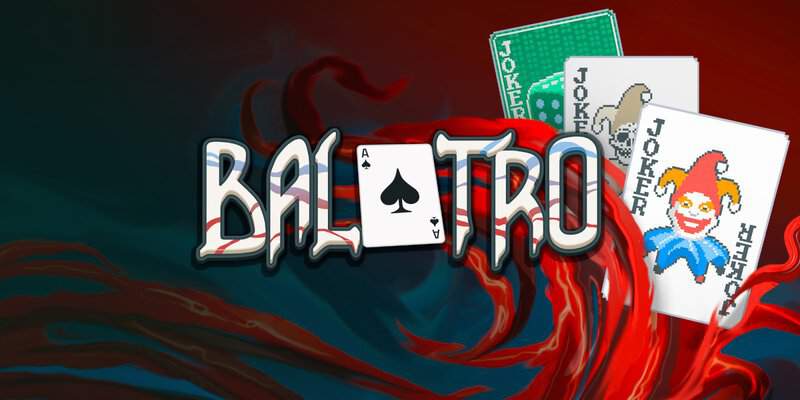It’s clear that PEGI don’t understand the industry at all.
Oh shit, I thought PEGI 18 was a game publisher. It seemed like their start screen logo was on all the best stuff.
Wait, for real - or am I missing a joke here?
In case I’m not, are you also confused about middleware like Bink, Havok and SpeedTree?
Those at least say what they are. Bink will say it’s a video encoder. I just remember a voice saying “PEGI 18” but no other stuff about what that meant so I thought it was a publisher.
I didn’t realize they pegged Balatro at PEGI 18. Definitely ridiculous. Kids play poker all the time without gambling. It’s a card game. I don’t think there is a less objectionable game out there.
Agreed that it’s ridiculous, but there are plenty of other games out there that are less objectionable, like ones that are played almost exclusively by kids.
The only apolitical game is Tetris.
… not counting the story of developing and distributing Tetris.
I would expect this kind of Puritanical pearl clutching in the US, not Europe.
Apparently, any game that uses straights, flushes, and full houses gets an adults-only rating, but games with addictive psychological dark patterns designed to maximize microtransaction revenue are fine for children. What a world we live in.
It’s true that playing for money is a huge part of playing poker at all, both casually and professionally. Does that mean a game just teaching poker hands should be considered as adult as actual gambling? If so, a game like The Binding of Isaac should get the same 18+ as Balatro since it has actual slot machines that you put money into, but instead it gets a 16+.
Isn’t PEGI just the publishers governing themselves?
Correct. Just like the ESRB
That’s how it’s often being done. They are doing this in order to prevent government censorship. Same with the equivalent USK (for games) and FSK (for movies) in Germany (which are now powerful enough that it can’t be overruled by the government BPjM anymore, which could previously ban games and other media even if certified by independent rating agencies), MPAA for movies in America (and previously the Hays Code), etc. It’s different in countries like Australia, where the government can directly rate media and thus exert much more influence on it.





